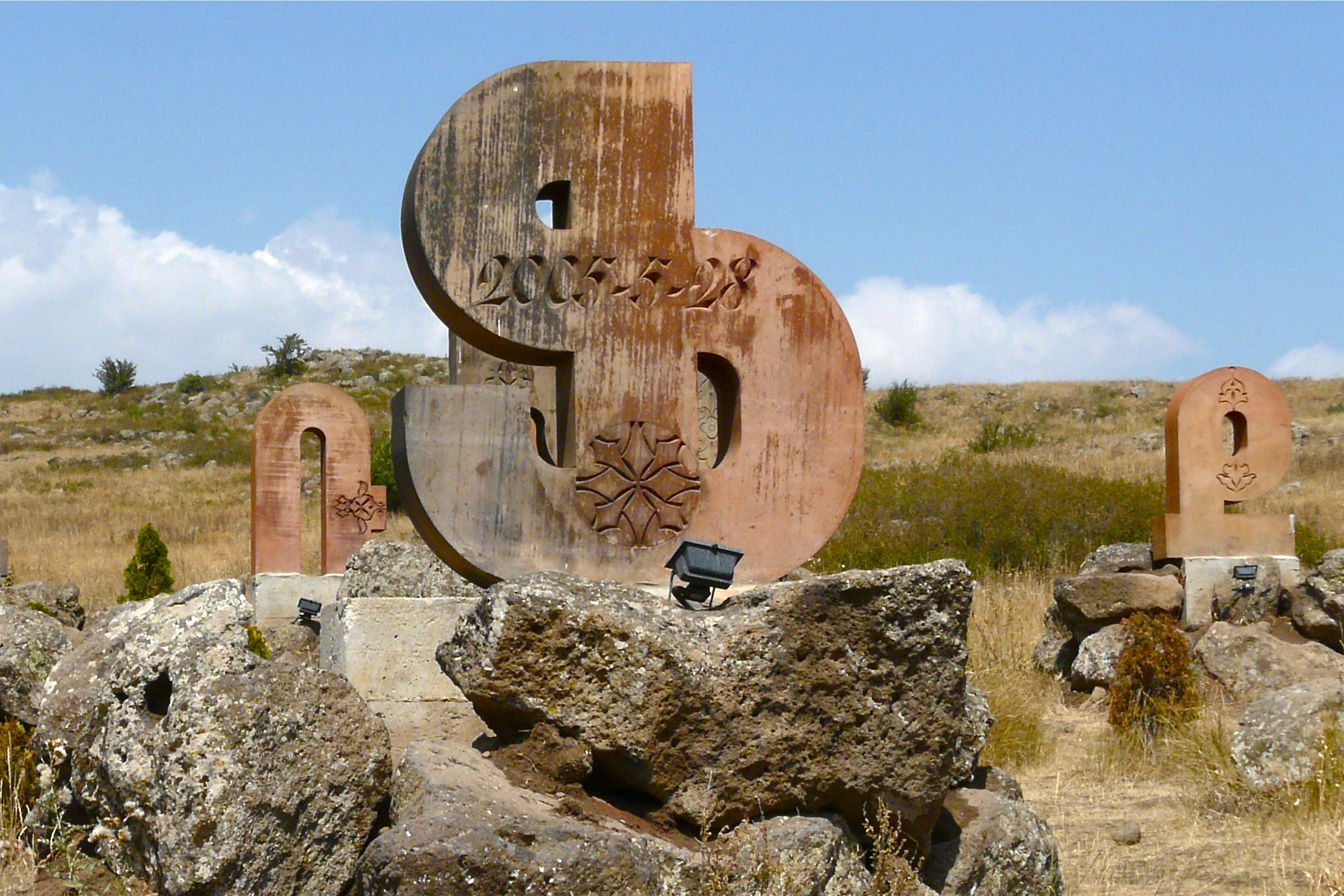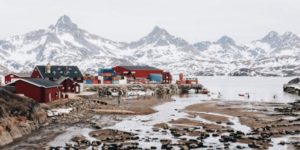Lang Belta: the Belter language from SYFY/Amazon’s The Expanse
The Expanse takes place 200 years from now, in a future in which Earth has colonized the solar system. In this world, people emigrated to the Asteroid Belt from Earth looking for work, and now survive by scavenging materials in the Belt. In this contribution I will outline the construction and general characteristics of this very complex and interesting Creole and discuss some of its grammatical characteristics.




